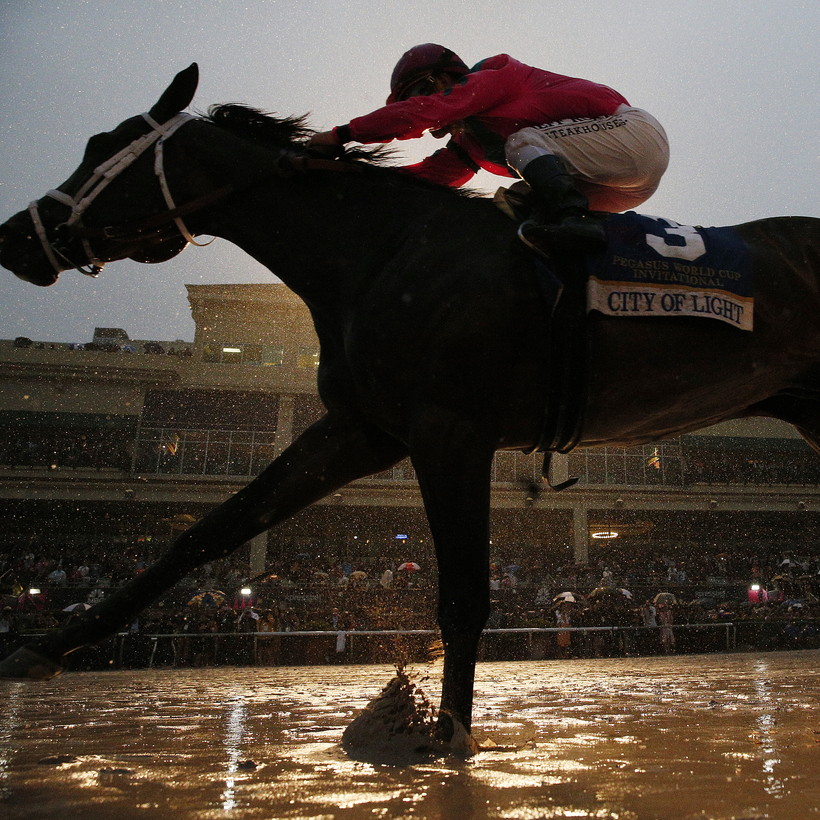Last weekend, thousands of horse-racing fans flooded into California’s Santa Anita Park to watch, and wager on, the first races of the season. There was the usual opening-weekend buzz in the air, but also trepidation. It’s been an agonizing year both for Santa Anita and the sport as a whole. On average, 10 horses die each week from injury at United States racetracks, and Santa Anita is among the deadliest.
After the 22nd horse was put down on the track last spring, Santa Anita’s owner, the Canadian heiress and businesswoman Belinda Stronach, made a decision to voluntarily close the park to conduct an internal investigation. Upon its reopening, she successfully introduced a series of stiff reforms intended to safeguard the health of racehorses.


